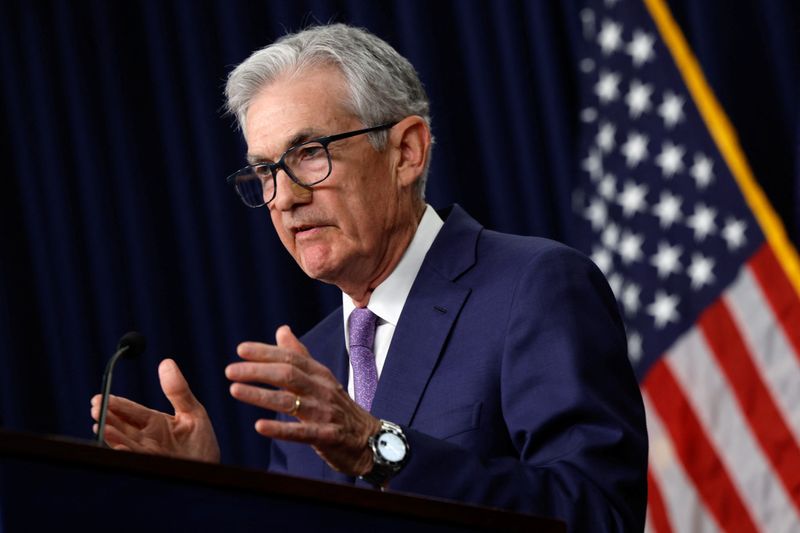Follow us on LinkedIn
Behavioural finance is the study of how financial behaviour affects economic decisions and market outcomes, and how those decisions and outcomes are affected by psychological, social, and cultural factors. It is a relatively new field that combines elements of economics, psychology, and sociology.
Behavioural finance research has shown that people do not always make rational decisions when it comes to money. Factors such as emotion, social pressure, and cognitive biases can all lead to suboptimal decisions. This research can help us better understand why people make the financial decisions they do, and how we can make better decisions ourselves.
Of particular interest, behavioural finance provided answers to the question: “why do investors lose money”. The most often discussed and analyzed investors’ mistakes are: underdiversification, disposition effect, bias towards home or local securities, and household investment under-performance when measured using risk-adjusted benchmarks. However, the number of documented and potential mistakes is much larger. Reference [1] listed more mistakes made by investors:
- Investors do not diversify (which is easy to achieve), and take on unrewarded idiosyncratic risk; they lose out economically.
- Investors do not match the performance of the underlying mutual funds they buy (due to poor timing or otherwise)
- Disposition effect: investors sell winners and ride losers
- Under-attentive investors suffer sub-par performance against peers who pay attention.
- Investors add more (less) market exposure when recent returns are good (bad).
- On average, households do not have value-relevant information about local stocks. Home bias is a sign of poor diversification and correlates with underperformance.
- Overconfident investors trade too much: high traders suffer poor performance versus peers
- Dumb money effect: investors chase returns
- Advice is cost-ineffective
- Funds can be selected from predictable characteristics yet investor money flows to expensive funds
- Investor trades are systematically correlated, that is, individuals buy (or sell) stocks in concert, to their detriment.
- … and many more
The article is a good primer on behavioural finance. It discussed, in particular, the investment mistakes that cause investors to lose money.
References
[1] Firth, Chris, An Introduction to Investment Mistakes (2015). https://ssrn.com/abstract=2609989
Further questions
What's your question? Ask it in the discussion forum
Have an answer to the questions below? Post it here or in the forum





Storms moved into Indiana and Michigan later Monday night, prompting additional alerts including multiple tornado warnings in Indiana.